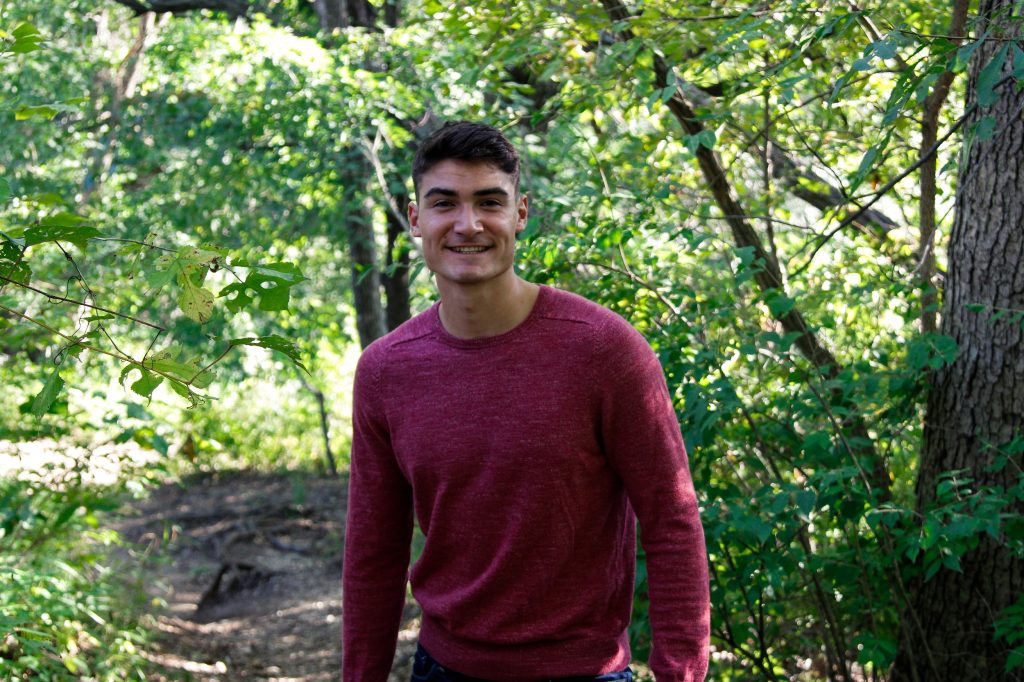Published on July 5, 2022
Origami-inspired designs have found applications in several engineering domains, from aerospace to biomedical. These designs excel in applications that require lightweight, compact, and morphing structures such as the retracting wings of insects or the solar sails on satellites. The architecture of such designs is complex and reminiscent of the architecture of neural networks: nodes communicate information through edges like how neurons communicate through their axons. The aim of the project is to adapt loss minimization algorithms used for neural networks, such as back propagation and gradient descent, to problems of mechanical energy minimization in the elastic folds of origami patterns.
We proceed in two steps: forward then back propagation. In forward propagation, we construct an initial layer of nodes and pass on information for the construction of subsequent layers until the structure is complete. In back propagation, we repeatedly nudge the entire structure towards a low energy state by evaluating energy derivates at every node to determine optimal adjustments to the initial nodes of the structure. This minimized energy state is the way the folds of a physical model settle. Folding a piece of paper many times then releasing and watching it expand is an example of this.
Our research attempts to model the final state of a large origami structure from one node. Future research will attempt to start from a target structure and generate the initial node that will propagate to form said structure. Airbags, architecture, and virtual landscapes are all examples that would benefit from converting a target structure to complex origami patterns that react optimally to the pressures and stresses of their use case or may be rendered/constructed with minimal resources.
We acknowledge support by the NSF under CAREER award No. CMMI-2045881 and by the MU College of Engineering through the Undergraduate Research Fellowship.
About the Author

Henry Bahr is a Computer Science major from Kansas City, Missouri. His education also includes mechanical engineering and his research modeling origami structures marries these passions equally. His favorite Columbia locations are Lakota Coffee Company and Harmony Bends Disc Golf Course. In the future he hopes to develop artificial intelligence systems for automotive part design as well as build and race his own cars.